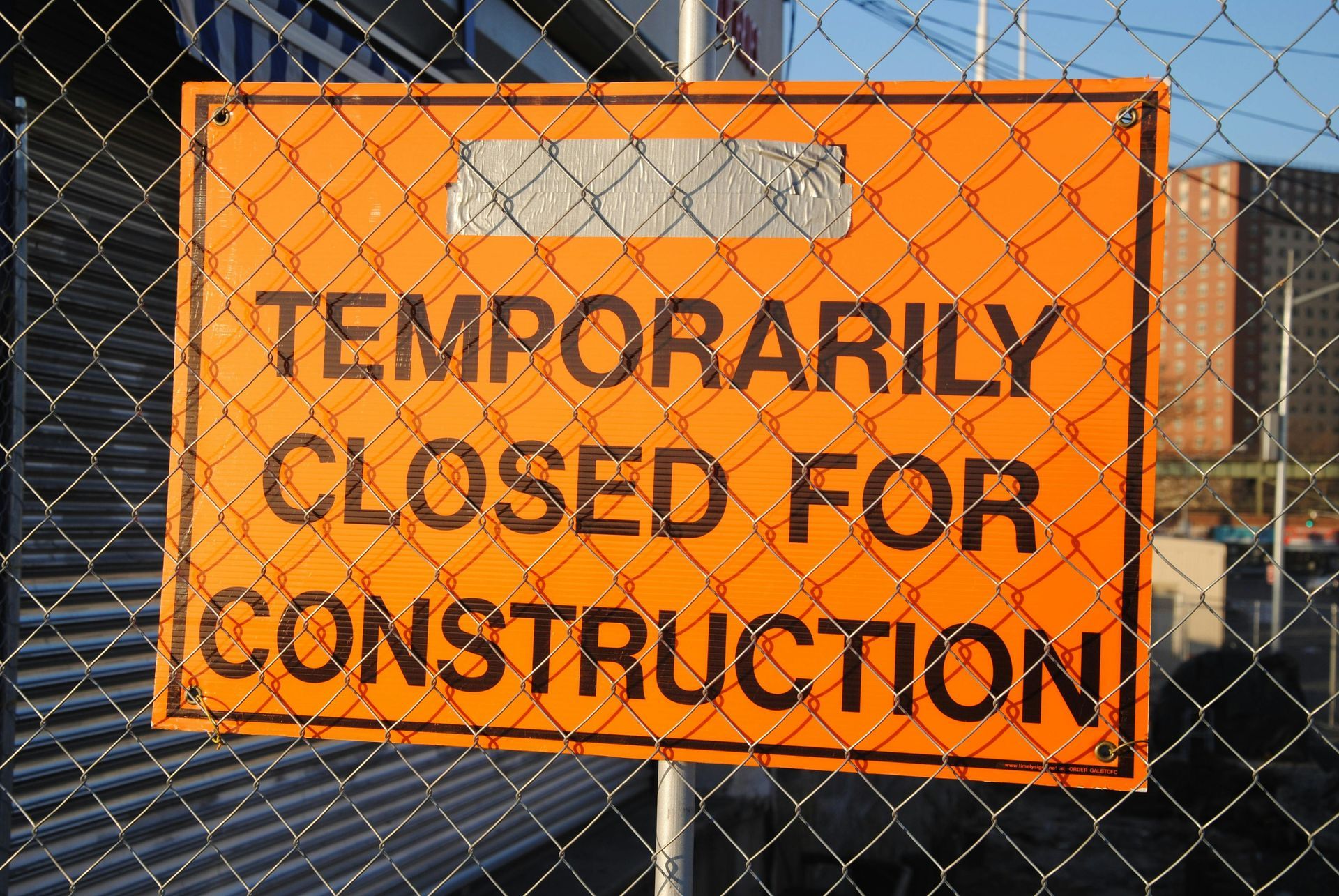Understanding the Impact of Private Utility Damage: Key Statistics and Insights

Private utility damage is a critical issue affecting both industries and local communities. Whether it involves gas lines, water systems, electrical wiring, or telecommunication cables, damage to these essential services can have far-reaching consequences. This blog post delves into the statistics surrounding private utility damage, examining causes, impacts, and how to mitigate these incidents.
What is Private Utility Damage?
Private utility damage occurs when underground or overhead infrastructure, such as gas, water, electricity, or telecommunication lines, is accidentally struck, damaged, or disrupted during construction or maintenance work. It can also result from natural disasters or improper maintenance. These damages can lead to service interruptions, costly repairs, environmental harm, and even safety hazards.
Key Statistics on Private Utility Damage
While private utility damage is not always reported in a centralized way, several studies and industry reports have provided insight into the scope of the issue. The most frequently cited statistics include:
- Frequency of Utility Strikes
- According to the Common Ground Alliance (CGA), in the United States, a utility line is damaged every 6 minutes on average due to accidental strikes. This includes both public and private utility systems.
- A 2020 report by the CGA found that over 400,000 utility damages occurred in the U.S. annually, highlighting the prevalence of this issue across various sectors.
- Causes of Utility Damage
- The primary causes of private utility damage include:
- Excavation activities: This accounts for nearly 40% of all reported utility damages, where equipment like backhoes, trenchers, and augers inadvertently strike buried cables or pipelines.
- Lack of proper marking: Around 25% of utility strikes occur because the utility lines were not adequately marked by utility companies or contractors.
- Improper digging practices: About 20% of damages happen when workers fail to follow required digging protocols.
- Financial Impact of Utility Strikes
- The economic impact of utility damage is significant. According to CGA's 2020 report, utility strikes cost the U.S. economy over $30 billion annually in damages, repair costs, and service downtime.
- Repairing damage to utilities is costly, with average damage repair costs ranging from $1,000 to $100,000 depending on the severity and type of utility.
- Safety Risks and Hazards
- Damage to private utilities, especially gas and electrical lines, poses serious safety hazards. For instance, gas line ruptures can result in dangerous explosions or fires. In 2021 alone, there were 88 reported incidents of gas line strikes that led to injuries or fatalities.
- Electrical line damage can cause electrocution risks or service outages, impacting both households and businesses. Waterline damage can lead to environmental contamination, flooding, and widespread property damage.
- Impact on Service Providers and Customers
- Utility damage not only affects private companies and municipalities but also impacts customers who rely on these services. When utilities are disrupted, households may experience power outages, water shortages, and communication difficulties.
- A single instance of private utility damage can result in service disruptions for hundreds, sometimes thousands, of customers, depending on the utility’s scope and location.
Addressing the Issue: Prevention and Solutions
To reduce the frequency and impact of private utility damage, several steps can be taken:
- Use of Technology: One of the most effective ways to prevent accidental strikes is through the use of advanced detection technologies like ground-penetrating radar (GPR) and locating devices. These tools allow workers to identify the precise location of utilities before digging begins.
- Proper Training and Awareness: Ensuring that construction workers, contractors, and others who work near utilities are well-trained in proper digging procedures and the importance of utility marking is essential. Regular education and certification programs can significantly reduce the risk of accidental strikes.
- Calling 811 Before Digging: In the United States, it is a legal requirement to contact the 811 utility locator service before starting any digging project. This service helps mark the location of underground utilities to ensure they are avoided.
- Stronger Regulations and Penalties: Governments and regulatory bodies need to enforce stricter regulations and penalties for those who fail to follow proper procedures or damage utilities. This can help encourage better practices across the board.
Conclusion
Private utility damage is a pressing issue that affects the safety, economy, and well-being of both individuals and industries. By understanding the scope of the problem through key statistics and taking steps to prevent damage, we can protect infrastructure, reduce costs, and safeguard public safety. Prevention is the most effective solution—whether it’s through advanced technology, education, or adhering to regulations like 811. Ultimately, a combination of careful planning, awareness, and responsibility is key to reducing the risks of utility damage and maintaining essential services for everyone.

